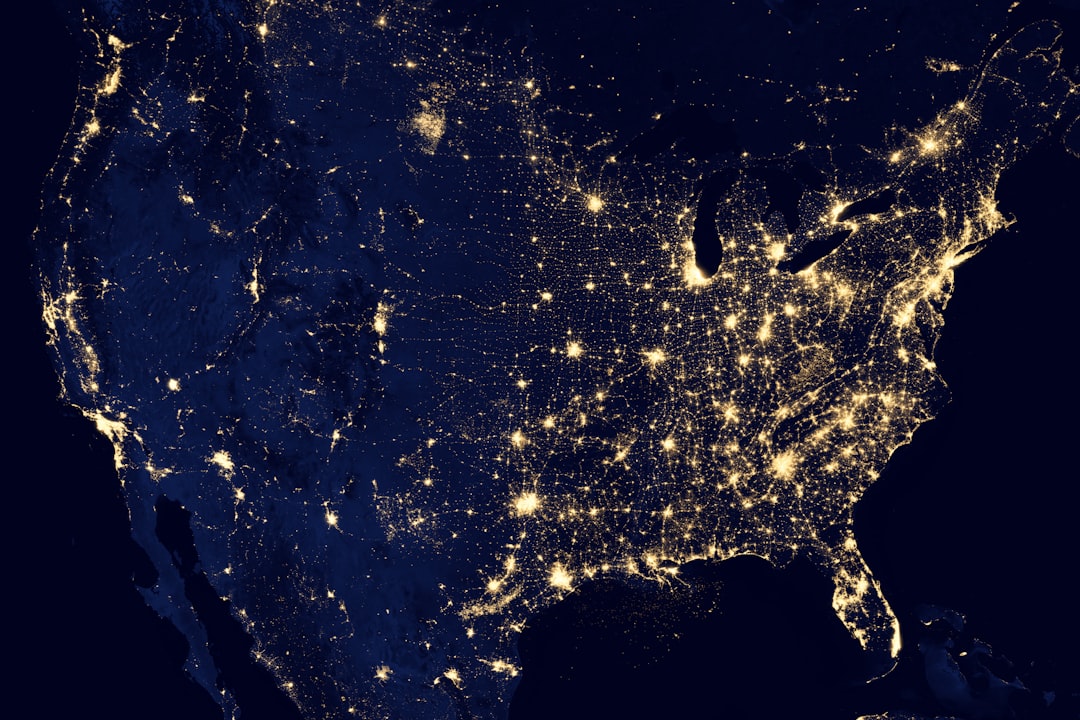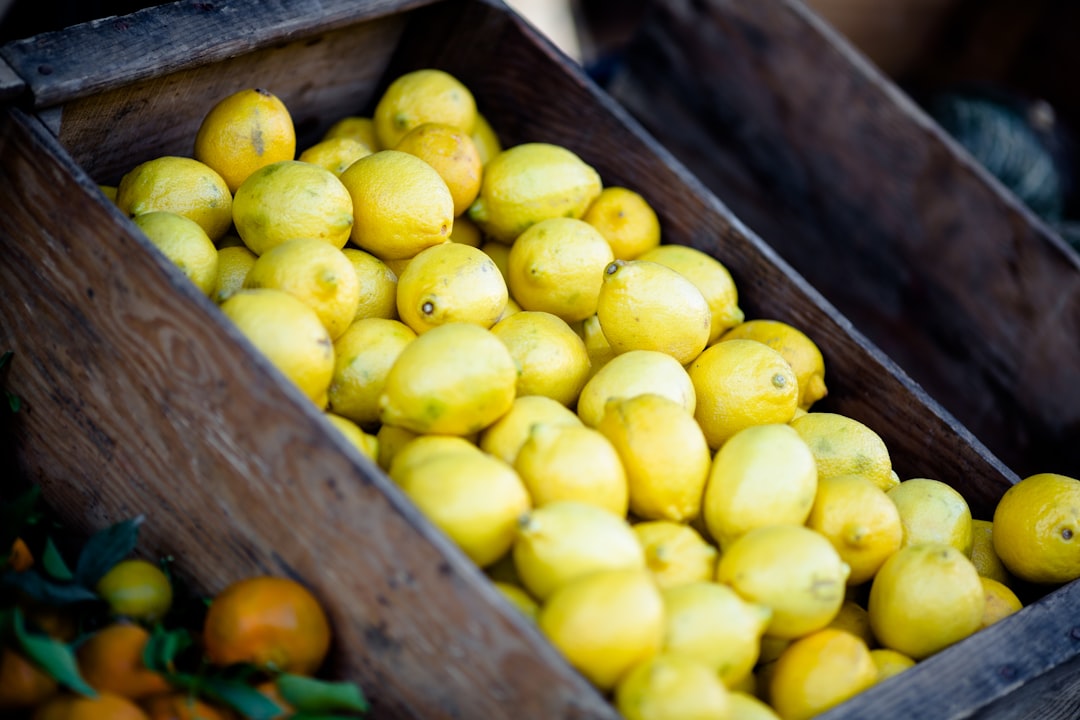Donald Trump is going to be the President of the United States. In the past 24 hours there have been flurries of articles and social media posts about what that could mean for the country’s future. If you care about the environment at all, it’s especially important to flesh out exactly what Trump policies and views could mean for the sustainability of our country and for our agricultural sector.
I’ll tell you right now the outlook is pretty bleak.
Here are some of Trumps views that could drastically impact both our planet and our food systems.
1. He wants to allow the Keystone Pipeline XL to move forward.

Trump explicitly states in his 100-day action plan that he wants to “allow vital energy infrastructure projects, like the Keystone Pipeline, to move forward.”
What is the Keystone Pipeline? It’s a proposed extension to an existing pipeline that would carry around 830,000 barrels of crude oil every day from the oil sands in Alberta, Canada to Nebraska and then to Texas. What does this mean? Many environmentalists and the EPA are opposed to the Keystone Pipeline because they view it as a threat to local environments that the pipeline would impact.
Also, according to the EPA, “construction of the pipeline is projected to change the economics of oil sands development and result in increased oil sands production, and the accompanying greenhouse gas emissions, over what would otherwise occur.”
In other words, building the pipeline would displace and threaten local ecosystems and some farmers, along with increasing fossil fuel emissions.
2. He wants to “cancel” the Paris Climate Agreement.

Earlier this year, 195 countries signed a deal called the Paris Agreement to limit global warming by taking steps to lower emissions worldwide. The actual agreement entered into force on November 3, just days before the election.
Trump stated in his 100-Day Plan that he will “cancel billions in payments to U.N. climate change programs” and has explicitly stated that he would “cancel” the agreement because he believes that the agreement allows “foreign bureaucrats to control how much energy we use.”
In reality Trump can’t actually just back out of the agreement. The formal withdrawal process takes years. However, he could actively ignore the parameters set by the agreement.
3. He wants to eliminate the Clean Water Rule.
Trump’s 100-Day Plan says that he wants “to fix America’s water and environmental infrastructure” which is pretty ambiguous and doesn’t give any detail as to what he would actually do to fix these things.
In a September interview with Farm Futures, Trump said he would eliminate the Clean Water Rule because it over-regulates creeks and streams which in his opinion is unconstitutional. Many farmers agree with this and want less regulation since the rule causes excessive financial burdens for many small farmers.
4. He supports ethanol mandates.
Trump’s support of the Renewable Fuel Standard, an act that provides for an ethanol mandate (similar to a subsidy but not the same thing), gained him the support of many corn farmers in Iowa. And according to Forbes, many food producers, poultry farmers and even some environmentalists are against the Renewable Fuel Standard because of lowered fuel efficiency, increased food costs and damage to ecosystems.
Trump also appointed a 64 person agricultural advisory committee that also helped him gain support from many rural voters.
In general, Trump’s view that the government should be less involved in farm workers affairs is viewed favorably by many of America’s farmers.
5. He wants to build a wall.
Trump’s desire to increase border protection between the US and Mexico has huge implications for US agriculture. Zippy Duvall, president of the American Farm Bureau Federation, told The Wall Street Journal that “farmers currently rely on ‘a huge skilled workforce already in America that are undocumented.’”
So what would happen if immigrants couldn’t work on America’s farms? To put things simply there would be higher prices and tons of shortages. Not having enough labor means not enough food which means higher prices which means we will have to import extra food to make up for it.
Also, as anthropologist Lisa Meierotto eloquently explains, farmers who are short on labor will likely “switch to crops that can be harvested mechanically in lieu of crops that need human precision to pick (e.g., corn or soy rather than tomatoes or strawberries).”
Overall, Trump’s plans for agriculture and climate change point to a future in which the US government is not actively working towards creating a more sustainable way of life for Americans. While it may be disheartening to read so much evidence that shows our next leader has such a blatant disregard for the future of our planet, you definitely should not stop your efforts towards lowering your personal ecological footprint.
320 million people live in the United States, if we all actively try to live greener lifestyles we can help our planet in a very real way, with or without Trump’s support.





